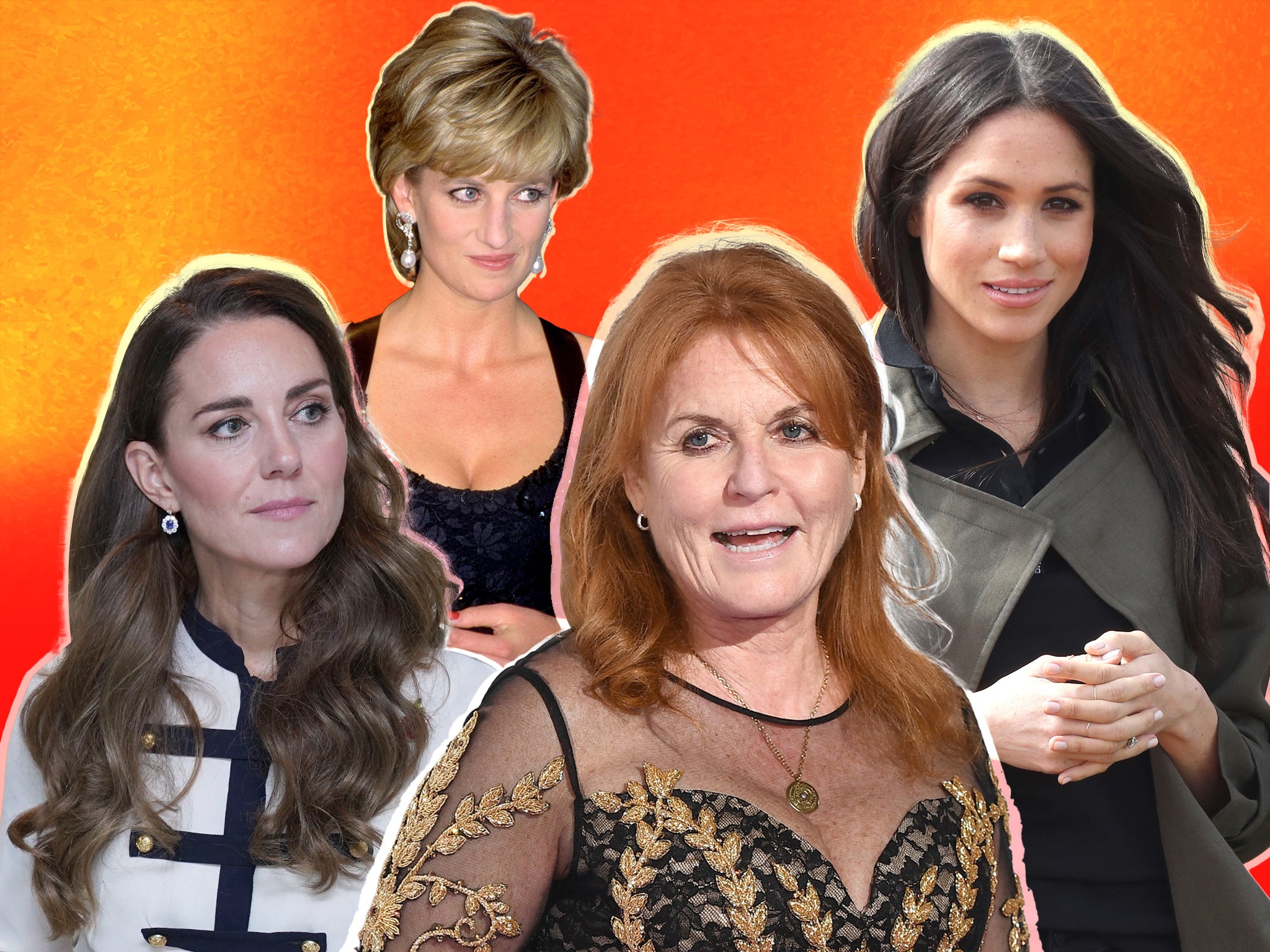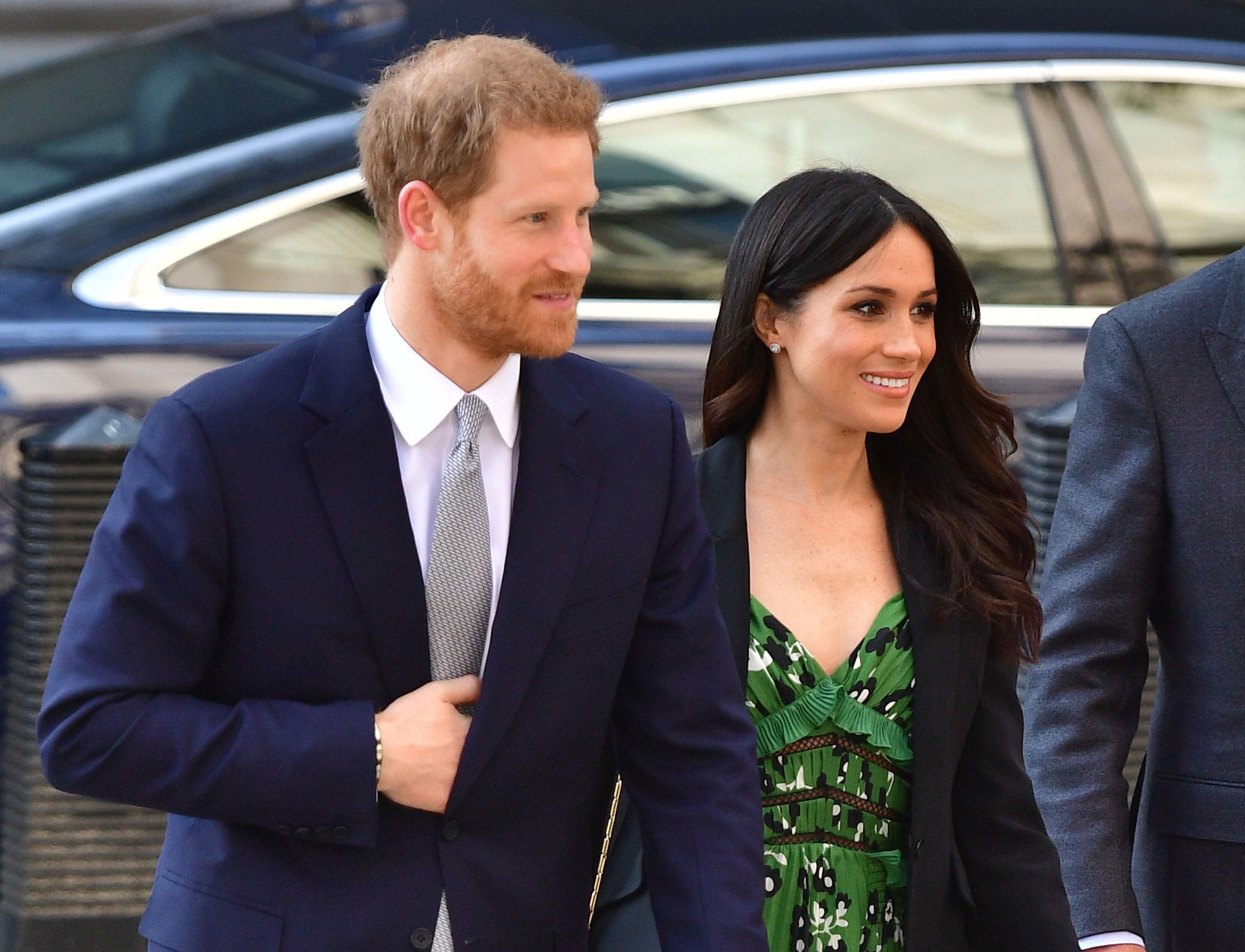Scoff at Fergie’s claim to be the ‘most persecuted’ royal woman all you like - it exposes a darker truth
For women who marry into the royal family, a certain level of media interest is to be expected but, says Laura Hampson, the reality is far worse


Your support helps us to tell the story
From reproductive rights to climate change to Big Tech, The Independent is on the ground when the story is developing. Whether it's investigating the financials of Elon Musk's pro-Trump PAC or producing our latest documentary, 'The A Word', which shines a light on the American women fighting for reproductive rights, we know how important it is to parse out the facts from the messaging.
At such a critical moment in US history, we need reporters on the ground. Your donation allows us to keep sending journalists to speak to both sides of the story.
The Independent is trusted by Americans across the entire political spectrum. And unlike many other quality news outlets, we choose not to lock Americans out of our reporting and analysis with paywalls. We believe quality journalism should be available to everyone, paid for by those who can afford it.
Your support makes all the difference.First it was Diana, then Fergie. Kate followed, as did Meghan. And that’s just in recent history. If we go further back, the persecution of royal women extended far beyond tabloid gossip – just ask Anne Boleyn, Catherine Howard and Mary, Queen of Scots.
Women in the royal family have never had an easy ride. This is a subject Sarah Ferguson touched on in a new wide-ranging interview with French magazine Madame Figaro this week, where she spoke about the reality of being in the spotlight when you join the firm. “I may have been the most persecuted woman in royal family history, but I’m still here,” she said.
It’s undeniable that the ex-wife of Prince Andrew (whom she also said in the interview she still loves and stands by) has certainly faced more than her fair share of scrutiny, most memorably via one of the cruellest tabloid nicknames, “The Duchess of Pork”. And who could forget those viral toe-sucking images? But while Fergie’s claim to be the most persecuted woman in royal history is a bold statement to make when you consider beheadings, exile and vilification, her comments expose how imbalanced the criticism of royals is – just look at the coverage of Prince Andrew compared to Meghan Markle to see that.
For women who marry into the royal family, a certain level of media interest is to be expected but, more often than not, this can morph into an obsessive rumour mill – lest we forget “Waity Katie” and the pitting of Kate and Meghan against one another with exhaustive speculation.
And of course, Princess Diana’s separation from Charles in 1996 caused a media frenzy like nothing before it. She was hounded by the paparazzi, and while she begged them to leave her alone, it was the paps who chased her into that fateful tunnel in Paris in 1997 leading to her death at just 36.
Earlier this year, Prince William condemned Martin Bashir and the BBC for its tell-all interview with his mother, saying the broadcaster’s “failures contributed significantly to her fear, paranoia and isolation that I remember from those final years with her”. He and Prince Harry have spoken often about how the press failed their mother, and that they don’t want the same to happen with their wives.

The royals are notoriously private and calculated in the way they reveal information to the press. Yet, when women like Wallis Simpson – who became public enemy number one after Edward VIII abdicated the throne to marry the American divorcee – Diana, or Meghan enter the fold (read: women who know their own minds), the royal family doesn’t protect them. Before and after Diana’s death, the Queen was criticised for not protecting her from the press enough. This is something the younger members of the royal family have, in earnest, tried to put a stop to. Who could forget when Harry called out the media for its “racial undertones” when referring to then-girlfriend Meghan?
I never thought that this [being a royal] would be easy, but I thought it would be fair and that’s the part that’s really hard to reconcile.
Meghan even described the trials of joining the royal family, telling ITV in a 2019 interview: “I never thought that this would be easy, but I thought it would be fair and that’s the part that’s really hard to reconcile,” she said, adding: “It’s not enough to just survive something, right? That’s not the point of life. You’ve got to thrive, you’ve got to feel happy. I really tried to adopt this British sensibility of a stiff upper lip. I tried, I really tried. But I think that what that does internally is probably really damaging.”
Comparing which royal woman has had it worse is depressing. It’s ultimately why the Sussexes chose to leave. Perhaps if the institution did more to correct social media gossip and unfounded sources, the media persecution would dim down. But as long as trolls prey on the women who marry into the fold, those who dare to dip a toe in the royal waters will continue to be entered into a competition no one wants to win.

Join our commenting forum
Join thought-provoking conversations, follow other Independent readers and see their replies
Comments